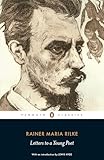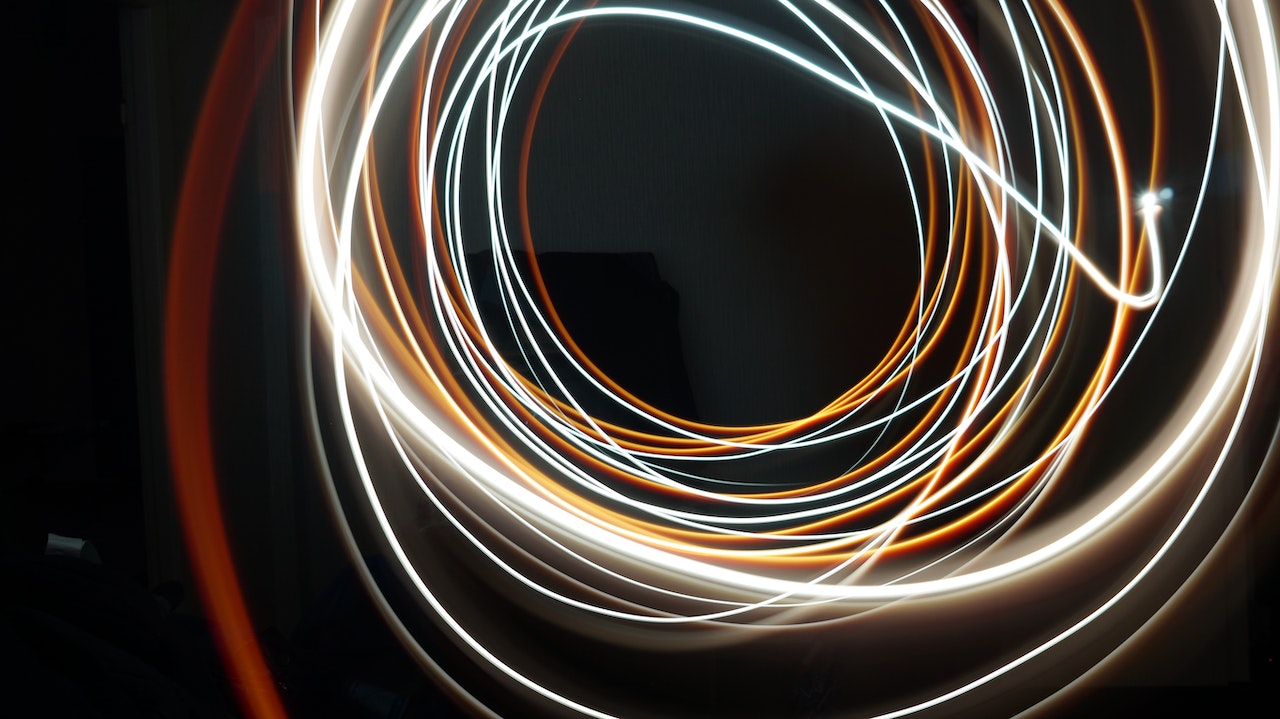1.
Last weekend, I watched about six hours’ worth of The Voice, NBC’s latest singing competition/reality show. (Dude, don’t judge me: I have a new full-time job called “waiting-for-my-cervix-to-dilate.”) One of the main differences between The Voice and its progenitor American Idol is that on the former’s early episodes, contestants sing for four musical stars: Christina Aguilera, Cee Lo (Who?), Adam Levine (Who?) and Blake Shelton (Who?). If one of these stars likes a contestant, the contestant has the option of joining the star’s “team.” Once on a team, the contestants are promised guidance on things like pitch and stage presence, as well as wisdom about the industry. It’s sort of like getting into grad school.
I found myself mesmerized by the enthusiasm of the four famous singers for certain contestants; there was something touching and true about their sincerity. In these first episodes, there’s a real sense that the singers want to help the unknown contestants, light their way. Although later episodes don’t exactly live up to the opening’s promise (the guidance offered–if there is any–is pretty generic), the warm and fuzzy image of Christina raising her blow-up doll arms in triumph at a contestant’s diva pipes has stayed with me. I can identify.
You see, I’ve been thinking a lot lately about the role of mentors.
2.
In high school, I had two English teachers who read my poetry, and urged me to keep writing. Maybe they were blowing smoke up my ass, but I was only sixteen, and if not for their encouragement, I might have quit stringing words together. In college, my creative writing professor not only gave me feedback on my short stories, he also introduced me to writers like Lynda Barry and Joy Williams. He told me what an MFA program was, and a literary agent, and a university press; he described to me how painful it was to write a novel, and I remember those conversations vividly. During these years, I also worked with two English professors who pushed my analytic capabilities and got me to read writers like Vladimir Nabokov and A.M. Homes; I’m currently waiting for one of those teachers to give me notes on my novel-in-progress–I can’t wait for his feedback. Later, in graduate school, I became close with two female teachers (my previous mentors had all been male), and our conversations sometimes went from being about craft, voice and structure to being about gender, and even, once, about motherhood.
Almost two years ago, I was lucky enough to find a new mentor; we were both writers at an artists’ retreat, and we hit it off. Like any good mentor, he is older than I am, and more accomplished, and his writing is superb and ambitious. Because his road to publication wasn’t easy, he is able to offer advice that wunderkinds like, say, Zadie Smith or Jonathan Safran Foer simply couldn’t. Put another way: my mentor is used to rejection. His war stories may be sobering, but his subsequent success puts such struggles in perspective. When he writes in an email, “I’m pulling for you, kid,” I know he means it.
There was and is no competition between me and these mentors. I look up to them, and they urge me forward. I am thankful for each of them and what they’ve offered me at different points in my life as a writer. I don’t want to imagine what I might not have attempted, creatively and professionally, were it not for their support and enthusiasm, their benevolent shadows.

 3.
3.
You might say it’s hard to have a mentor if you’re not in school or involved in a writing community, but that’s not true. Over the years, I have cultivated meaningful relationships with various writers–or rather, with their work–and these relationships have guided me in the sometimes scary and frustrating post-graduate years. Jennifer Egan became my mentor, whether she likes it or not, as soon as I’d finished Look at Me. John Williams became my beyond-the-grave mentor with his novel Stoner. Alice Munro and Margaret Atwood–well, let’s just say they’re my Canadian mothers.
By my desk, a shelf of my favorite writers’ books watches over me; I swear they radiate a magical power. You can do it, these authors whisper. Go, go, go! Their own writing is so good, it humbles me, and it also makes me work harder.
4.
A couple of days before I fell down the reality TV-hole, I read an article by journalist Steve Silberman, who’s writing a nonfiction book about autism. Faced with the daunting task of working on a long project after years of writing articles, Silberman asked for advice from a bunch of authors he knows and respects. The guidance he received ranges from the practical (Carl Zimmer says, “Be ready to organize vast amounts of data. Use a wall, or software like Scrivener.”); to the candid (David Gans says, “The most striking thing about my book processes was that no one at the publisher did any editing at all. No fact checking, no line editing.”); to the inspiring (Mark Frauenfelder says, “Don’t forget to write the book you want to read.”) There are many great tips to absorb and weigh, and they’re particularly helpful to those working on nonfiction, where interviews and research are part of the writing process. My main impression after reading the article, however, is that these authors were happy to lend their expertise to a friend, to one of their kind.
This makes sense to me. When a writer must state her opinion and articulate her struggles, her understanding of her own work and processes is sharpened. I, for one, like when someone asks me about my writing schedule, or how long it took to get my first short story published, or why, when I first began writing fiction, I gravitated toward the first-person. Answering these questions teaches me about myself and my work. I am forced to believe in something, be it a process, an approach, a sentence rhythm, and I realize that everything I write–however small or unpublished–has weight, becomes part of my writerly DNA. Were I were to withhold these experiences from others, I wouldn’t be able to learn from them.
But I don’t think all writers feel this way. A few years ago, when I was in graduate school, Jonathan Franzen came to give a reading and a craft talk, the latter of which was only open to MFA students. The first question posed during the craft talk was, unsurprisingly, “Can you talk a little bit about your writing process?” Franzen, upon hearing the question, looked pained, his eyebrows furrowed, his forehead compressing into wrinkles. Now, I agree that this isn’t the most original question–but it was, after all, a god damned craft talk. I’m not sure what Mr. Franzen expected. “My process…” he began. “My process…” After a theatrical pause, he sighed and shifted his limbs. Then he said, “I don’t have one.” Later, however, through other questions, he revealed that he did in fact have a process, which, if I recall, was pretty neurotic, including a specific office chair, at a specific angle, etc., etc. I was so pissed at J. Fran; why not just be forthcoming?
5.
Recently, I asked my student Catie Disabato if she considered me her mentor. I was embarrassed to pose such a question, but I was thinking about writing this essay, and I wanted to explore both sides of this lovely relationship: the mentor and the mentee. But I needed to be sure that I was actually qualified.
When Catie said I was indeed her writing mentor, I was very, very pleased. Catie is a few years younger than I am, and her novel-in-progress, a fictional nonfiction book about the disappearance of Lady Gaga (among other things, including map-making and The Situationists), blows my head off it’s so good. It might seem arrogant to consider myself the mentor of such a talented writer, but, then again, that’s the joy of the role: you’re putting your faith in someone you really believe in, and, in some ways, you get to share in their success.
Often, a mentee’s questions and crises require you to look at your own artistic and professional trajectory, and view it retrospectively. I’ve found, in my few years of teaching, that helping students write fiction that is beautiful and bold and true reminds me of why I myself write. It’s also kept my cynicism at bay. Through my students I remember how hard it is to get a story rejected for the first time, and how rewarding it can feel when a group of peers loves your prose. Often when I am giving advice, I’m really just talking to myself–to a younger me, or just, well, me.
 There’s also, of course, pleasure in getting to be a voice of experience and authority. I have no doubt that Rilke enjoyed writing his Letters to a Young Poet just as much as the young poet enjoyed receiving them; both were sustained by that relationship.
There’s also, of course, pleasure in getting to be a voice of experience and authority. I have no doubt that Rilke enjoyed writing his Letters to a Young Poet just as much as the young poet enjoyed receiving them; both were sustained by that relationship.
Catie–oh smart one–believes there are mentors and there are anti-mentors. The latter hoards information and advice, perhaps to keep others from achieving the same status. I doubt Franzen was motivated in this way (after all, a group of anonymous graduate students isn’t the same as one talented writer whose writing you know well), but his little performance of withholding wisdom and practical advice felt stingy, not to mention isolating. Hearing about someone’s writing process won’t change (or improve) your own, but at least it creates camaraderie, lets us all feel a little less alone. Isn’t that what every writer needs?
6.
I hope, for my own mentors, that my struggles and successes have asked them to look inward and backward. In this seeking, answers to their own questions are revealed. That’s what happens to me, at least, when I am faced with helping a student. I am always stunned and delighted to discover the ways that they end up helping me, how they enrich my own work and life.
So if you want to know about my writing process, ask away. And if you’re secretly, or not-so-secretly, my mentor: thank you, thank you, thank you.
Image: Pexels/asim alnamat




